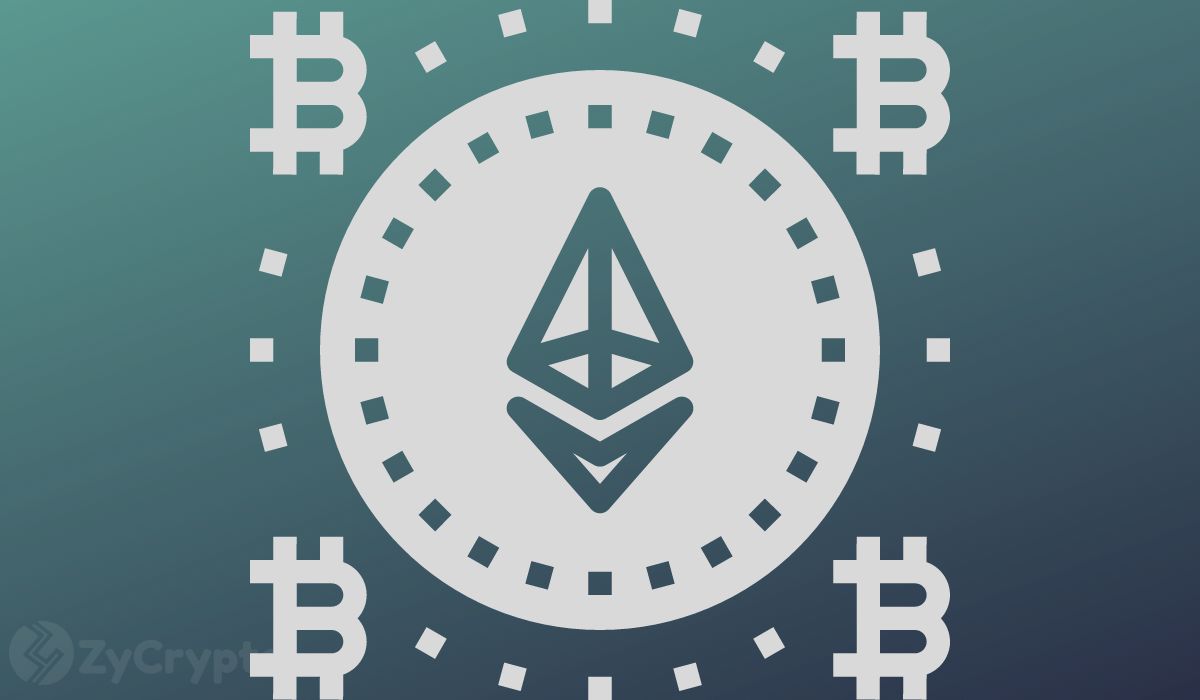The possibility of a spot Bitcoin exchange-traded fund (ETF) hitting the United States market has boosted demand for the crypto king, causing a spike in transaction costs while showering miners of BTC with extra revenue.
Bitcoin is now leading the charge in daily transaction fees, usurping ether for the first time in three years ahead of an all-important halving event.
Stealing Ether’s Crown
Roughly three years ago, ether toppled its big brother, bitcoin, in terms of transaction fees owing to its multifaceted blockchain network, which supported a wide range of decentralized applications. This utility of the world’s largest programmable blockchain drew considerable user activity, specifically in the fast-growing sector of decentralized finance (DeFi) yield farming and non-fungible token (NFT) trading, which resulted in significantly higher transaction fees on the Ethereum network.
This period of ethereum being king seems to have ended as Bitcoin’s daily total fees, which users pay to miners, have surged to $11.63 million on Nov 16, as per data from CryptoFees. For comparison, Ethereum registered only $8.44 million during the same timeframe. The average transaction fee on Bitcoin has shot above $18.69, which marks an almost 1,000% increase from the fee seen on Nov. 1.
As for the price, one bitcoin is now worth $36,527. The premier crypto has been surging on the anticipation that the SEC is close to approving one of several Bitcoin ETFs filed by Wall Street titans like BlackRock. This likely buoyed investor sentiment — as BTC prices nearly crossed the $38,000 mark.
Implications For Bitcoin Miners
The surging transaction fees, although a pain for Bitcoin users are considered a positive development by some market pundits. They contend that the higher fees strengthen the security of the Bitcoin blockchain.
Moreover, the significantly expensive transactional activity is a boon to the beleaguered miners who secure and maintain the Bitcoin network as they are rewarded in BTC fees for processing users’ transactions.
This is particularly important for the miners as Bitcoin’s quadrennial halving event scheduled for April 2024 draws closer, slashing block rewards for the industry by 50%.







